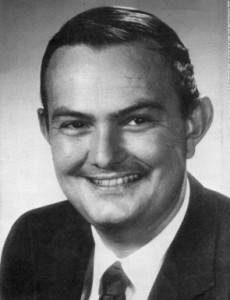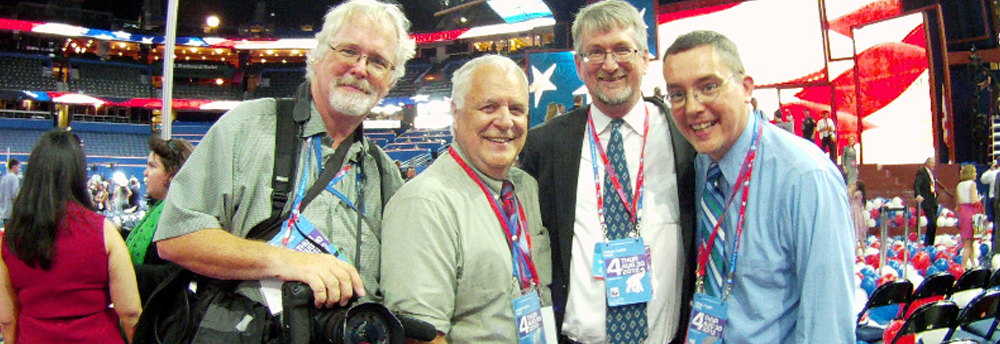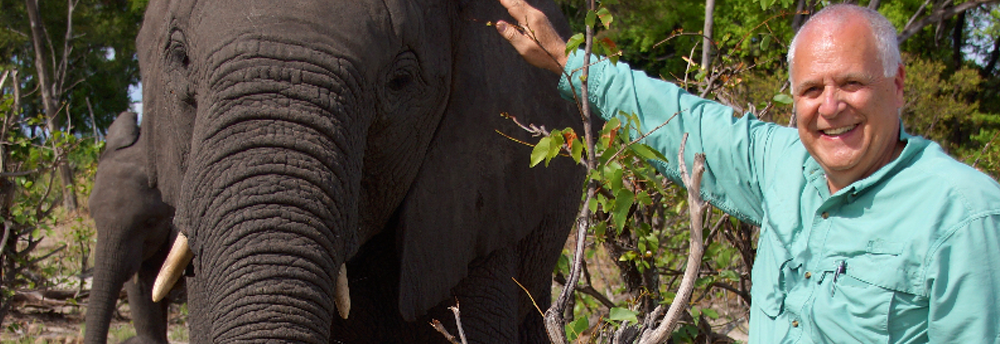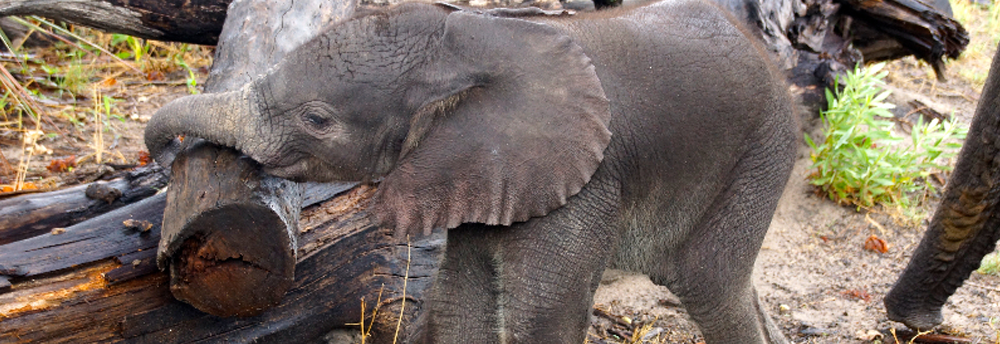
Today was a bitter/sweet one for me. Reconnected with Ralph Wright, former colleague in Birmingham and Atlanta, who in his youth was knocked over by Bull Connor’s fire hoses and attacked by police dogs, did a tour in Vietnam then became a successful journalist and later entrepreneur businessman. He told me one of the few heroes in my life, Hal Gulliver, had passed away.
Hal and I worked together at The Associated Press before he became editor and columnist for The Atlanta Constitution, the newspaper I grew up with, an outstanding example of what fearless investigative reporting and a crusading editorial page can do in the public interest. I was working for the AP in Seattle when he called and asked in typical Hal fashion, “How’d you like to come be a star in your hometown?” When I arrived for my new job as a columnist he gave this advice: “You know people watch you. If you fall off a bar stool, it will probably be in the paper.”
Luckily, that never happened. Not that we didn’t spend a lot of time in bars, one specifically called The Little Mug about two blocks down the street. After putting the paper to bed we headed down there to hold court for three or four hours. Politicians, business leaders, the high muckedy mucks and just regular folks would join us to discuss the day’s events. Sometimes we sang hymns. George Berry, who was Atlanta’s airport commissioner at the time, would tell us about this grand new facility they were building to replace the old terminal. It sounded way too big to work.
One night when I was working late the paper’s switchboard called me saying The White House is looking for Hal. It was Rosalyn Carter. He was at the usual watering hole but I said Hal was in a meeting. That was true, sort of. I called the bar and as luck would have it the customer who answered was the guy who succeeded me as managing editor of my high school paper. I asked Mike if he would ask Hal to the phone. I told him the White House needed a call.
The next day Hal showed up at my office door. “Rosalyn Carter was apologizing for getting me out of my meeting. I told her I wasn’t in a meeting, that was just Ingle lying to cover up for me.”
Hal met the young peanut farmer Jimmy Carter when he came to Atlanta to serve in the state Senate. They became friends. A trusted and loyal friend, Hal was always being called to the White House on short notice. He usually stuck me with his appointments. One time the Rev. Jesse Jackson was on the schedule. That week we had a new office secretary, a young black woman from the Southside of Chicago named Trula. Jackson’s office called; Trula put it on hold to yell out, “It’s Jesse Jackson wanting to know if we will send a car to get him at the airport.” Hal, ever the comedian, replied, “Tell him to take a cab like us white folks.” I laughed then realized Trula had not been there long enough to recognize a Hal joke, so I raced down the hall and got there just as she took the call off hold and repeated the message verbatim.
Not sure if Jackson received that message or how he got to the paper, but Jackson showed up and we spent the night walking the rainy streets of Atlanta. Finally, he noted there was a party at a downtown hotel. We went. The black politicians there knew me, they just couldn’t figure out why I was Jesse Jackson’s date. Wanting to go home, as it was getting late, I looked across the room and saw Hank Aaron coming in. “There’s Hank Aaron,” I told Jackson, who asked, “Do you know him?” I didn’t. Jackson introduced us and after a brief chat I was out the door and on the way home.
Hal had a dry sense of humor. He also had a love for smelly cigars he knew I hatred. Once at the bar he took one out and asked me, “Ingle, got a match.” I told him, “Yeah, your breath and a buffalo fart.” He lit up, took a long draw on that awful thing, blew it in my face and responded: “That’s pretty funny, especially considering the effect it will have on your career.”
He was a great storyteller but when reporting from the field he was not well organized. If he was in Africa, or some other far off place, I would take dictation on the phone then rewrite and edit as I saw fit. By the time he got back he couldn’t remember what he had said. That fell apart when he went to New York for the day for the funeral of someone at St. Patrick’s, I can’t remember who. He dictated the column then flew home. The next day he told me, “I don’t remember saying all this.”
He used the same desk that the legendary journalist, orator and champion of the New South, Henry W. Grady (1850-1889) had used. It was stacked two feet high with paper. I suggested he needed to clean it up so he could find something. He challenged me to name something he couldn’t find. I came up with the most obscure report I could think of. Hal stuck his hand into the middle of the stack and produced it.
Besides being an editor’s editor, a Southern gentleman in every sense of the word and the best boss I ever had, Hal was a man of the people. I doubt many of his followers knew he was Magna Cum Laude from Yale. Or studied in Germany. Or served in the Marines. There had been a member of his family attending Yale since an ancestor who was on George Washington’s staff. He son, Hal III, decided MIT was for him, which disturbed Hal greatly. I had known Jr. since he was a little kid so I intervened on his behalf. “You know, Hal,” I said, “There are a lot of people who would love to have the family problem being the kid wants to go to MIT instead of Yale.” When he was 20, young Hal stopped to help a stranded motorist. That resulted in an accident that took his life. His dad never fully recovered from it.
Hal was an original. Former U.S. Sen. Wyche Fowler told a reporter, “Gulliver could out-think, out-drink, and hoodwink, almost any politician who needed a comeuppance. He loved the freedom to skew in print all scoundrels, and did it with a mischievous wit that bruised but did not scar.”
How true. Hal could rip a politician a new one in the morning paper then take him out to lunch. He would invite his frequent targets to our Little Mug sessions.
“As editor of the Atlanta Constitution, Hal Gulliver will be remembered as having one of the strongest and most dynamic voices in the South to demand racial justice and the end to violence,” our Constitution colleague Bill Shipp told reporter Maria Saporta. “Along with Henry Grady, Ralph McGill and Gene Patterson, Hal ranks as one of a handful of editorial writers who steered the newspaper purposefully through the troubled waters of the civil rights and Vietnam eras.”
I don’t know how to properly say goodbye to someone for whom I have such love and admiration, someone who taught me so much about being a journalist and a boss and a human being with respect for those who disagree. What would Hal advise me now? Probably something like, “Oh, don’t let it get you down. Lift a glass or two to fond memories.”





Sorry, comments are closed for this post.